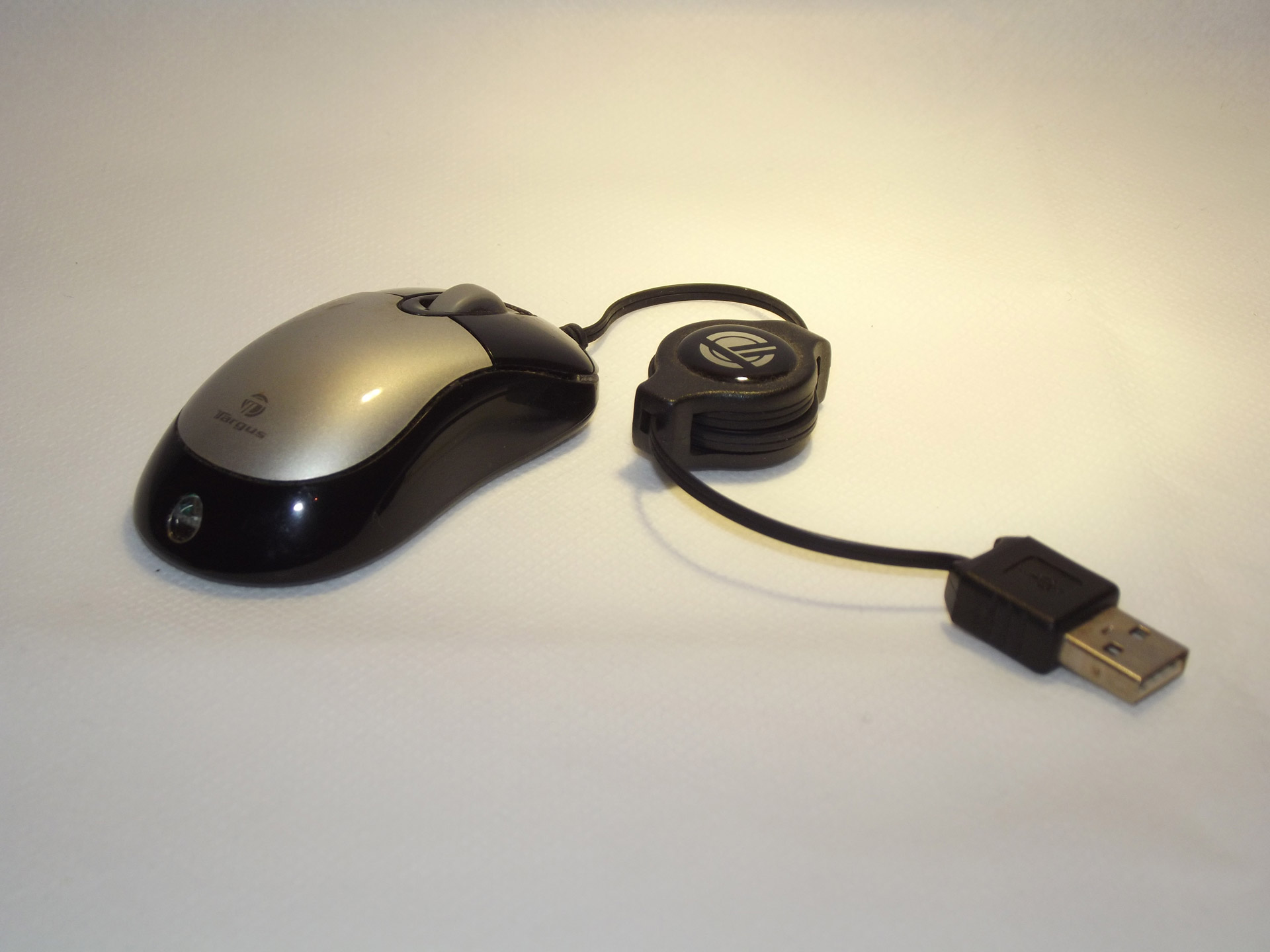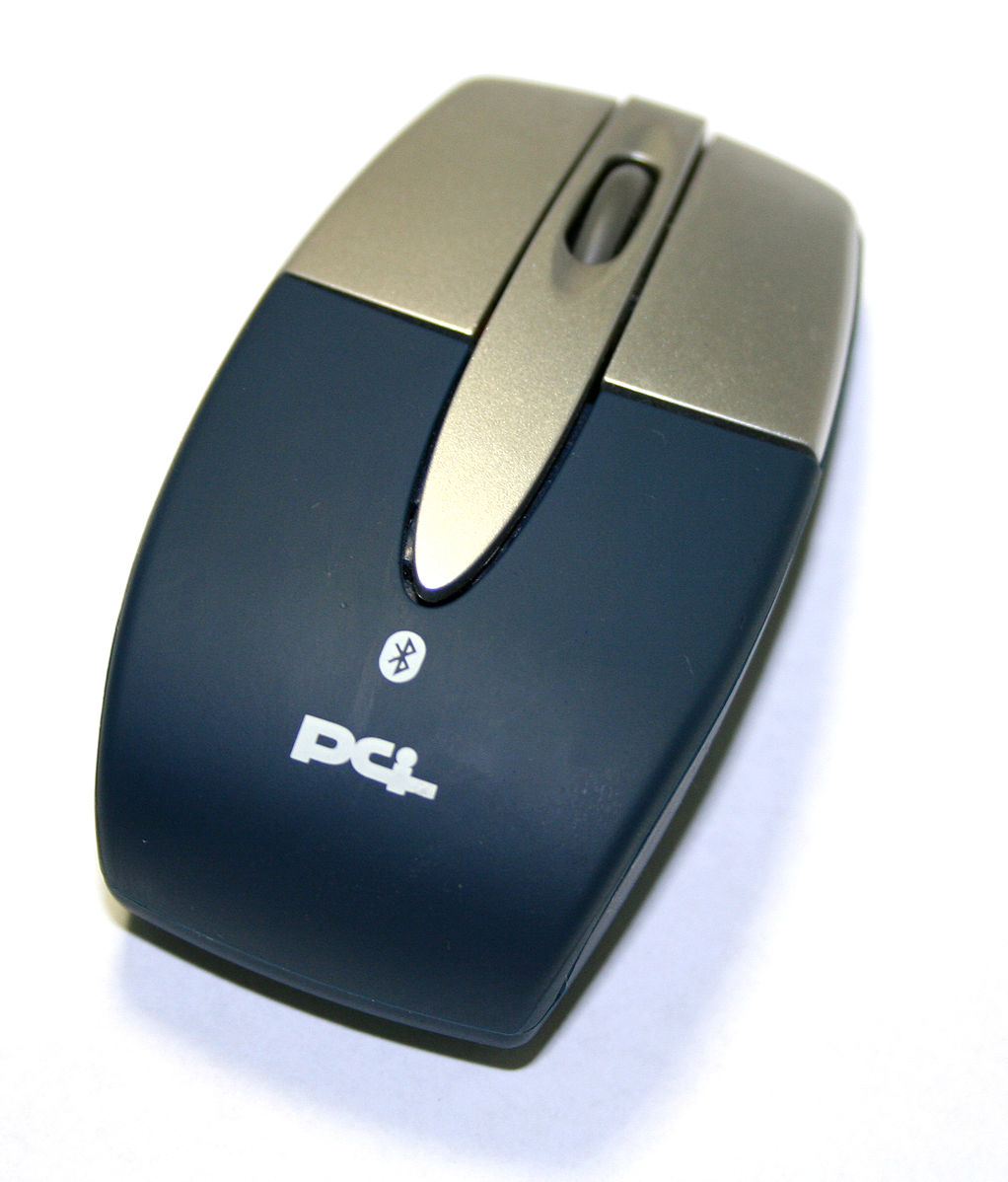Difference Between USB and Bluetooth Mouse
As we move into the wireless era, we talk about all things wireless focusing on wireless technologies like Wi-Fi and Bluetooth, but we’re forgetting some of the more peripheral uses of wireless technology. Yes, we are talking about peripherals, for your computers. A peripheral is something that’s not an internal but an integral part of your desktop or laptop computer. Examples include a keyboard, mouse, external hard drives, game controllers and whatnot. While all these peripherals were once tethered to our PCs via wires, more and more of them are available in cordless versions. Bluetooth is probably one of the most popular wireless technologies of the wireless era – the same technology that is used in Bluetooth keyboards and Bluetooth mouse. But we’ll be talking about Bluetooth mouse and how is it any different than its wired counterpart. Bluetooth refers to a wireless standard for connecting computer peripherals. But then there are those who still love old-school – the standard USB mouse. We look into the two technologies to see which one’s a better fit for your needs.

What is USB Mouse?
A USB mouse is the most used in desktop as well as laptop computer systems. Well, USB mice use the most basic yet very useful USB port on your computer. As with other USB devices, they not only do not require their own system resources, but they also can be a part of a long daisy chain of devices attached to the port. USB (Universal Serial Bus), as the name suggests, is universal and as with USB mice, they are hot-swappable, meaning you can attach or remove them while the system is running. USB mice connect to your PC via a cable that goes directly into your PC’s USB port. Like USB keyboards, USB mice are also simple plug-and-play devices – you simply plug the mouse into the USB port and it will start working immediately. Basically, all the USB mice will work with the built-in drivers that come pre-supplied with Windows.

What is Bluetooth Mouse?
Bluetooth mice are one of the recent developments in mouse technology. Bluetooth is the newest wireless standard used very often in notebooks and media center PCs. Bluetooth, in general, refers to a wireless standard for connecting computer peripherals. The greatest advantage of Bluetooth is that it enables you to connect to a wide range of peripherals including a mouse, without having to use a separate wireless adapter for each peripheral. A Bluetooth mouse may not require a connector, because it uses a Bluetooth receiver internal to the console. However, unlike laptops, most desktop computers do not come supplied with Bluetooth wireless radios. Bluetooth mice work with just any Bluetooth-enabled PC and mostly all laptop computers. Unlike a USB mouse that draws power from the computer itself, Bluetooth mice need batteries to send and receive their signals.
Difference between USB and Bluetooth Mouse
Technology
– Bluetooth mice are one of the recent developments in mouse technology, compared to the age-old USB technology that has been around since the early 90’s. Like USB keyboards, USB mice are also simple plug-and-play devices – you simply plug the mouse into the USB port and it will start working immediately. Bluetooth, on the other hand, is a short-range, low-power wireless communication technology developed to cut the wires. Bluetooth, in general, refers to a wireless standard that uses radiofrequency waves for connecting computer peripherals. Bluetooth is similar to 802.11b and 802.11g and uses 2.4 GHz frequencies.
Connection
– USB mice are commonly used in PC system and they are simple plug-and-play devices that connect to the computer via a USB port in the back or on the side of your PC. Like any other USB device, USB mice connect directly to your desktop or laptop computer like a USB flash drive with no additional drivers required, meaning they will work with the built-in drivers that come pre-supplied with the Windows. Bluetooth mice, on the other hand, work with just any Bluetooth-enabled PC and mostly all laptop computers but they require a simple process called pairing to set up a connection between the computer and the mouse.
Mobility
– Unlike a USB mouse that draws power from the computer itself, Bluetooth mice need batteries to send and receive their signals. The greatest advantage of Bluetooth is that it enables you to connect to a wide range of peripherals including a mouse, without having to use a separate wireless adapter for each peripheral. No wires mean less clutter and less clutter means increased space. In addition, being wireless means you get more room to work on and from anywhere but within a pre-specified range. USB gives you fewer options when it comes to mobility and flexibility.
USB vs. Bluetooth Mouse: Comparison Chart

Summary
Bluetooth is undoubtedly one of the most popular wireless technologies of the wireless era – the same technology that is used in Bluetooth mouse along with a dozen other computer peripherals. However, unlike a USB mouse that draws power from the computer itself, Bluetooth mice need batteries to send and receive their signals. But being wireless gives you more options when it comes to flexibility and convenience and above all, a less cluttered working space to work on. But as much old-school as it becomes, USB is still the classics and USB mice are no exception. USB mice are simple plug-and-play devices – you simply plug the mouse into the USB port and you’re good to go.
- Difference Between Caucus and Primary - June 18, 2024
- Difference Between PPO and POS - May 30, 2024
- Difference Between RFID and NFC - May 28, 2024
Search DifferenceBetween.net :
Leave a Response
References :
[0]Image credit: https://commons.wikimedia.org/wiki/File:Bluetooth_Mouse.jpg
[1]Image credit: https://www.publicdomainpictures.net/en/view-image.php?image=20511&picture=micro-usb-mouse
[2]Gookin, Dan. PCs for Dummies. Hoboken, New Jersey: John Wiley & Sons, 2009. Print
[3]Walberg, Sean, et al. Wireless All In One for Dummies. Hoboken, New Jersey: John Wiley & Sons, 2009. Print
[4]Balladares, Cesar. Computer Repair for PC Owners. Morrisville, North Carolina: Lulu Press, 2011. Print
